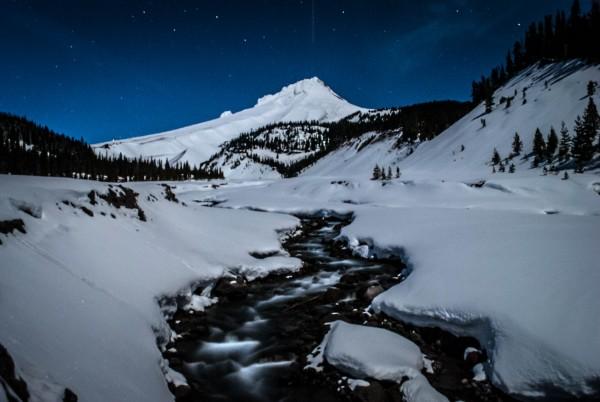In an extreme survival situation, your cellphone just might save your life.
When individuals call 911 if they have the battery life to stay on the phone for at least two minutes, the odds increase that officials can get an accurate location, according to Al Hornish, who is on the executive committee for Deschutes County Sheriff’s Office Search and Rescue.
“911 will immediately call the on call sheriff’s deputy, they will take a look at the situation if it warrants putting together an incident management team then generally they will call one of us SAR managers,” Hornish said.
It is recommended that cellphones are kept fully charged at the beginning of an excursion, turned off during a trip as to keep the battery charged in case of an emergency, and to have that cell phone kept warm as to ensure its functionality, according to Nutwell, president of the non-profit Deschutes County Sheriff’s Office Search and Rescue.
Both Hornish and Nutwell recommend making sure someone knows your location and planned time of return as well as traveling with another individual or in a group.
“A couple of simple rules; number one if you are going to go out in the wilderness let people know where you are going and what you are going to do, and number two, do not go alone,” Nutwell said. “You can get much more disoriented by yourself then you can with two people sitting down and quietly talking about ‘where we are,’ ‘where we’ve been.’ And then if you get injured, you are helpless.”
Another tool that DSCO SAR uses to find lost persons, is social media.
“ If you are going to go out and hike somewhere you get up to the trailhead let people know with taking a quick picture ‘hey I just got up to wherever,’ because if something happens it gives us a timeframe to work with,” Dozier said.
Search and Rescue team rescue missions
DCSO SAR is composed of several different teams including the ground team, which each participant is initially trained in during the academy. Other specialty teams include; mountain rescue, swift water, medical team, dive team, snowmobile team, ski team, ATV team, tracking, air operations, horse team, K-9 team, logistics, bike team, and incident management.
“There is a commitment to participate in a certain number of missions a year, but the biggest commitment is the training,” said Nutwell.
There is a list of steps taken by DCSO SAR and considerations taken before teams are assembled for either a search or a rescue. Differences between searches and rescues determine how management and teams will operate. Searches are either called in by lost individuals or loved ones while rescues are usually conducted where the location of a person is known, and that person may need medical attention, according to Hornish.
Once management is notified operations, mapping, and logistics specialists are called, and group up with the deputy to size up the situation.
“We consider contingencies ‘what can go wrong,’ what types of resources do we need, and we always think about team safety first before we begin calling on people and assemble teams,” Hornish said. Information that is obtained from spouses and significant others more often than not is either partial or wrong. Hornish added.
If weather conditions and terrain are too hazardous then the ground team cannot operate. Whether those conditions are too difficult is a decision usually made by operations management.
“It’s an assessment of weather, terrain, capabilities of the team, the whole thing,” Hornish said.
DCSO SAR also conducts evidence searches for missing persons not necessarily in winter situations.
“We helped Bend PD detectives locate a homicide victim, so it is not just people that are lost or injured that we look for, there is a broader stroke of what we do,” said Sergeant Ronny Dozier, the search and rescue operations manager for the Deschutes County Sheriff’s Office.
10 essential backcountry travel items
- Navigational instruments
- Sun protection
- Insulating clothing (no cotton)
- Flashlights with extra batteries
- First-aid supplies
- Fire-making supplies
- High energy pre-cooked foods
- Water (one liter for short outings and two and a half for longer excursions)
- Emergency shelter items (blankets and shovels)
- insulated sleeping pads
Michael Gary | The Broadside
(Contact: [email protected])














